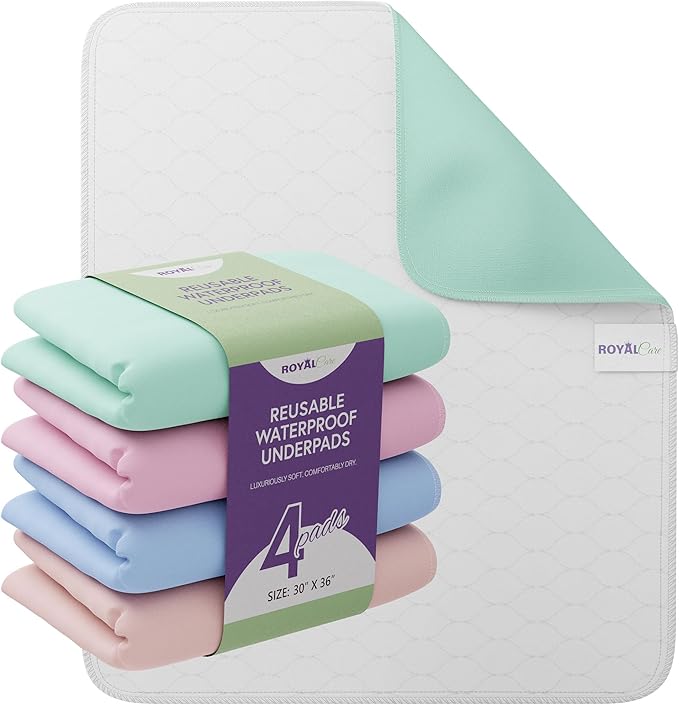Nocturnal enuresis, commonly known as “bedwetting,” is a reality for many children and a source of concern for their parents. While toilet training is a key developmental milestone, it’s essential to understand that wetting the bed at night is generally not a voluntary act and should never be associated with punishment. This article aims to debunk misconceptions about “punishments for wetting the bed” and propose benevolent and effective strategies to support children towards nighttime dryness.
Why “Punishments for Wetting the Bed” Are Ineffective and Harmful
Nocturnal enuresis is an involuntary phenomenon. The vast majority of cases are linked to delayed physiological maturation (the bladder is not yet large enough or the brain does not receive the wake-up signal when the bladder is full), excessive urine production at night, or genetic factors. Punishing a child for an “accident” they cannot control can have severe psychological consequences:
- Guilt and Shame: The child will feel guilty and ashamed, which can harm their self-esteem and emotional well-being.
- Anxiety and Stress: Fear of punishment can increase anxiety around enuresis, making the problem even more persistent. Stress is also a possible cause of secondary enuresis (when a child who was previously dry starts wetting the bed again).
- Withdrawal and Isolation: The child might avoid social situations (sleepovers, camps) for fear of an accident, impacting their social development.
- Blocking Progress: A punitive approach can create a psychological block that hinders the acquisition of dryness.
- Damaged Parent-Child Relationship: Punishment can erode trust and the relationship between parent and child, replacing support with fear.
It’s crucial to remember that enuresis is not a sign of laziness, defiance, or deliberate behavioral problems on the child’s part. It is a developmental stage that requires patience and understanding.

Causes and Understanding Enuresis
To effectively manage enuresis, it’s crucial to understand its origins. If you’re considering “punishments for wetting the bed,” you might be looking for solutions to a situation you don’t control. In reality, enuresis is not a discipline issue.
The most common causes of primary enuresis (the child has never been consistently dry at night) are:
- Delayed Bladder Maturation: The child’s bladder has not yet developed the capacity or control needed to hold urine all night.
- Antidiuretic Hormone (ADH) Production: Some children do not produce enough ADH at night, a hormone that reduces urine production during sleep.
- Deep Sleep: The child sleeps so soundly that they do not wake up when their bladder is full.
- Genetic Factors: Enuresis often has a hereditary component. If one or both parents were enuretic, there is a high probability that the child will be too.
Secondary enuresis (the child was dry for at least six months before starting to wet the bed again) can be linked to:
- Changes or Emotional Stress: Moving, the arrival of a new sibling, family problems, or school difficulties can trigger secondary enuresis.
- Urinary Tract Infections (UTIs): A UTI can cause daytime and nighttime incontinence.
- Chronic Constipation: A full bowel can put pressure on the bladder.
- Other Medical Conditions: More rarely, conditions like diabetes, structural abnormalities of the urinary tract, or neurological disorders can be the cause. It is always recommended to consult a healthcare professional to rule out these possibilities.
How to Manage Enuresis Without Punishment: A Kind and Effective Approach
Instead of looking for “punishments for wetting the bed,” focus on support, encouragement, and adopting positive strategies.
Consult a Healthcare Professional:
This is the first step. A pediatrician can assess the situation, rule out any underlying medical causes, and guide you toward the best solutions. They may suggest tests (e.g., urine analysis) if necessary.
Adopt Healthy Habits:
- Limit Fluids in the Evening: Reduce fluid intake in the hours leading up to bedtime, especially sugary or caffeinated drinks. Ensure the child drinks enough during the day to stay hydrated.
- Use the Toilet Before Bed: Encourage the child to empty their bladder just before going to bed.
- Establish a Regular Sleep Routine: Quality sleep is important.
- Manage Constipation: If the child is constipated, it can worsen enuresis. A fiber-rich diet and good hydration are essential.
Create a Supportive Environment:
- Easy Access to the Toilet: Leave a nightlight on so the child can easily go to the toilet at night if they wake up.
- Protect the Mattress: Use a waterproof mattress protector and have spare sheets readily available to minimize stress related to cleanup.
- Involve the Child: Without shaming them, involve them in changing the sheets in the morning. This helps them acknowledge the accident without feeling ashamed and gives them a sense of responsibility.
Use Toilet Training Aids:
- Bedwetting Alarms: These devices emit a sound or vibration at the first drops of urine, helping the child wake up and associate the sensation of a full bladder with waking. This is a very effective long-term method.
- Dry Night Calendars: Set up a chart with stickers or stars for each dry night. This is an excellent way to visualize progress and positively motivate the child. Small non-material rewards (choosing the evening movie, staying up 15 minutes longer) can reinforce this motivation.
Emotional Support and Communication:
- Reassure the Child: Tell them it’s not their fault, that it happens to many children, and that it will eventually pass. Avoid teasing or sharing information with others without their consent.
- Encourage Efforts: Praise the child for every progress, no matter how small (for example, if they get up to go to the toilet and have an accident on the way).
- Maintain a Positive Attitude: Your attitude is essential. Stay calm and patient, even after an accident.
Medical Solutions:
In some cases, if other approaches don’t work, the doctor may consider medication (e.g., desmopressin to reduce urine production at night or medication to increase bladder capacity) or behavioral therapy. These options are usually reserved for children over 6 years old and are always prescribed and supervised by a healthcare professional.
In conclusion, the approach to enuresis must be one of patience, understanding, and kindness. “Punishments for wetting the bed” have no place in this process. By working hand-in-hand with your child and relying on positive strategies, you will help them navigate this important developmental stage with confidence.










No Comment! Be the first one.